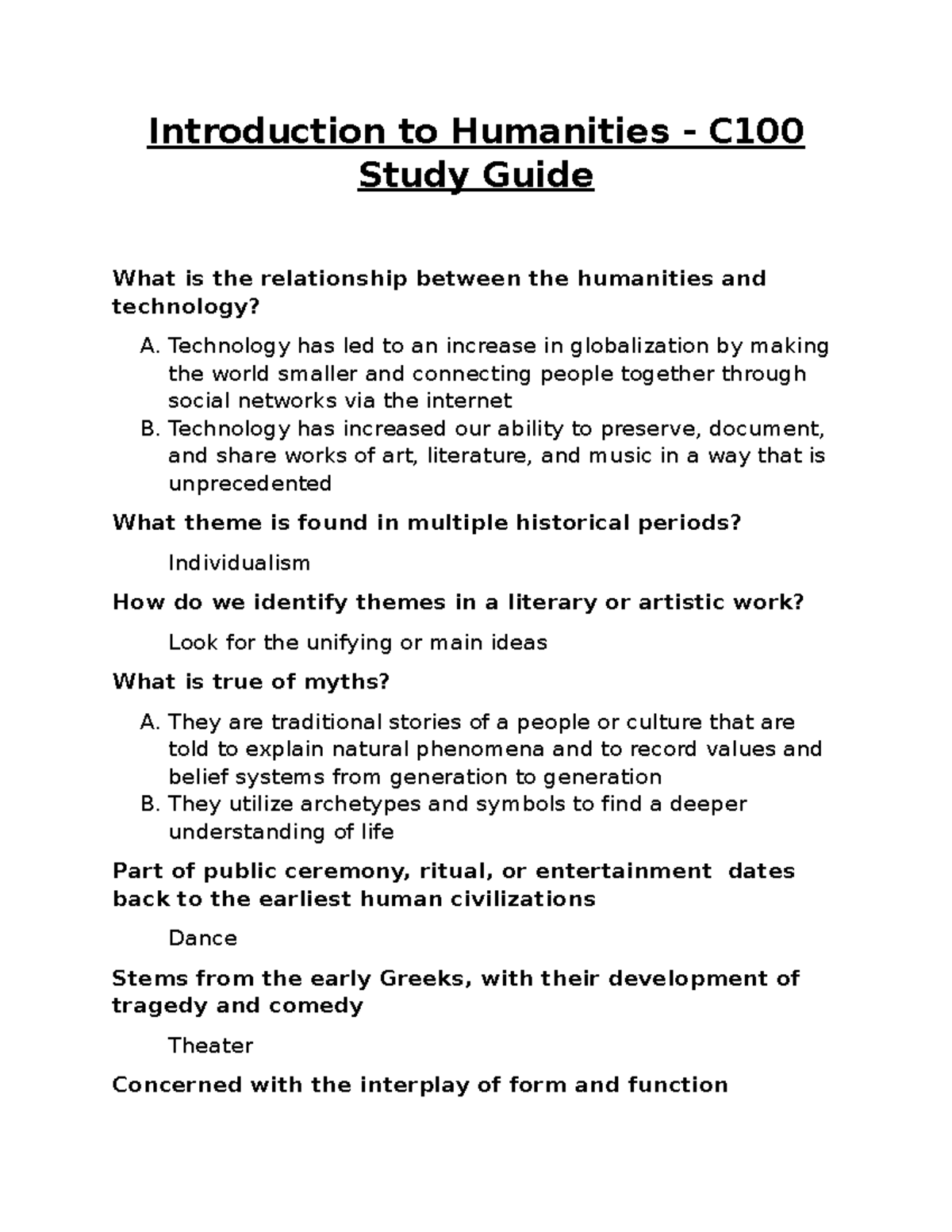Chimamanda Ngozi Adichie stands as a defining voice among contemporary Nigerian authors, celebrated for her powerful storytelling and profound insights into human emotions. Recently, she unveiled her latest novel ‘Dream Count’, a riveting exploration of love and grief in literature that has taken over a decade to materialize. This latest addition to her remarkable oeuvre of fiction books by Adichie delves into the lives of four interconnected women, each navigating their own unique struggles. Adichie’s distinctive approach emphasizes ‘radical honesty’, encouraging readers to embrace vulnerability as they journey through the compelling narratives she crafts. With the release of ‘Dream Count’, Adichie not only reaffirms her status as a literary icon but also invites us to reflect on the myriad paths our lives may take, proving once again that her work resonates far beyond the borders of Nigeria.
Chimamanda Ngozi Adichie’s literary journey is marked by her unique ability to weave complex narratives that reflect the multifaceted experiences of her characters. In her latest release, ‘Dream Count’, Adichie offers a thought-provoking examination of emotional truths and the nature of self-discovery through the lives of four distinct women. The book is not merely a story about personal loss; it also serves as a reflection on how grief permeates our understanding of love and identity. Many new readers and loyal fans alike are drawn to Adichie’s exploration of deep existential themes, coupled with her meticulous attention to the nuances of character development. As we delve into the world she has created, we are compelled to confront our own perceptions of reality and the stories that shape our existence.
The Emotional Depth of ‘Dream Count’
Chimamanda Ngozi Adichie’s latest novel, ‘Dream Count,’ is a poignant exploration of love, grief, and the tumultuous journey of self-discovery. At the heart of the narrative are four interconnected women, each navigating their own life’s challenges while facing the broader implications of their choices. The characters serve as reflections of Adichie’s own experiences with vulnerability and radical honesty, which she considers central to her writing process. Through this intricate tapestry of relationships, readers are invited to engage with the complexity of human emotions, making ‘Dream Count’ a rich addition to the canon of grief in literature.
Adichie has spent over a decade crafting this novel, and her dedication is evident in the authenticity of the characters’ journeys. The backdrop of the COVID-19 pandemic adds an additional layer of relevance, echoing the shared experiences of isolation and introspection that many faced during that time. Adichie openly shares her personal battles with grief, particularly after the loss of her father, and how that experience has shaped her understanding of love and humanity. This radical honesty not only enhances the depth of her characters but also invites readers to reflect on their own lives and the paths they might have taken.
Chimamanda Ngozi Adichie’s Perspective on Fiction
For Adichie, fiction is not merely an art form but a vital means of exploration and expression. She emphasizes the importance of surrendering to the narrative process, allowing the story to unfold organically. This approach is particularly notable in her work, where themes of identity and self-awareness are interwoven throughout the narrative. Adichie’s perspective on writing underscores a fundamental belief that good fiction must contain a certain degree of truth, which she describes as ‘radical honesty.’ This philosophy resonates deeply with readers and aspiring writers who seek authenticity in storytelling.
When discussing her writing journey, Adichie reveals that her struggles with writer’s block and the demands of motherhood have taught her valuable lessons about perseverance and self-care. She advocates for the nurturing of one’s creative spirit, even in moments of stagnation. By sharing her process of revisiting poetry during challenging times, Adichie illustrates that creativity can thrive in unexpected forms. This message is particularly relevant for her audience, especially those from the writing community who may feel daunted by the pressures of producing content in a competitive literary landscape.
The Significance of Grief in Literature
Grief is a profound theme in literature, serving as a catalyst for character development and narrative progression. In ‘Dream Count,’ Adichie’s exploration of grief offers readers a powerful lens through which to understand not just loss but the resilience of the human spirit. Through the experiences of Chiamaka and her companions, Adichie delves into how grief can impact relationships, revealing hidden truths about oneself and others. This theme echoes across many of Adichie’s works, reinforcing her status as a leading voice among contemporary Nigerian authors who address complex emotional landscapes.
Many readers find solace in literary depictions of grief, as they mirror their own experiences and struggles. Adichie’s grounded approach makes her narratives relatable, especially as she connects personal loss with universal themes. ‘Dream Count’ invites readers to reflect on their own identities, relationships, and the lives unexplored, fostering a sense of communal understanding of grief’s intricate nature. This connection to readers underscores why grief in literature remains a vital topic, allowing for cathartic exploration of emotions that often remain unspoken.
The Art of Character Development in Adichie’s Works
Character development plays a critical role in the storytelling of Chimamanda Ngozi Adichie. Throughout her fiction books, including ‘Dream Count,’ she skillfully crafts multidimensional characters that resonate with authenticity. Each woman’s story enriches the narrative, providing insights into their motivations, fears, and aspirations. What sets Adichie apart is her ability to portray nuanced journeys of self-discovery that reflect broader societal themes, such as identity and belonging, particularly in the context of Nigerian culture.
The interconnectedness of the characters in ‘Dream Count’ highlights their distinct yet relatable struggles. For instance, Chiamaka navigates the tensions between her privileged upbringing and her reality in America, while Omelogor embraces a deeply independent life in Nigeria. These diverse portrayals not only enhance the richness of Adichie’s narrative but also facilitate discussions about cultural identity among readers. Adichie’s adeptness at character development cements her place as a prominent figure in contemporary literature.
Radical Honesty: A Necessity in Fiction Writing
One of the key themes championed by Chimamanda Ngozi Adichie is the concept of radical honesty in fiction writing. This principle advocates for an exploration of personal truths that resonate with readers on a deeply emotional level. Adichie believes that writers have a responsibility to share their authentic experiences and insights, creating narratives that reflect the complexities of life. This approach not only enriches the stories but also fosters connections between the author and the audience, as readers are often drawn to the raw honesty in storytelling.
In the context of ‘Dream Count,’ radical honesty manifests in the characters’ grappling with personal grief and their search for self-understanding. Adichie’s commitment to truthfulness in her writing mirrors her belief that acknowledging vulnerabilities can lead to profound character revelations. As readers follow the interconnected lives of Adichie’s characters, they are invited to confront their own truths, ultimately fostering a deeper understanding of themselves and others. This invitation to share in the emotional journey is what sets her work apart in both Nigerian literature and the larger literary world.
Exploring Alternative Lives Through Fiction
‘Dream Count’ stands out for its exploration of alternative lives and the paths not taken. Adichie expertly weaves together the lives of her four protagonists, each representing different facets of identity and experience. This narrative approach ignites a compelling dialogue about the choices we make and how they define our existence. By examining the ‘what ifs,’ Adichie challenges readers to reflect on their own lives, making ‘Dream Count’ a mirror for personal contemplation.
This theme of alternative realities is particularly relevant in today’s complex world, where individuals often find themselves at crossroads, considering multiple facets of their identities. Adichie’s characters, through their struggles and triumphs, illustrate the richness found in diversity of experience. This literary device not only deepens character arcs but also resonates with fans of grief in literature, as it emphasizes the interconnectedness of life experiences. Ultimately, ‘Dream Count’ serves as a testament to the power of storytelling to navigate the tangled web of existence.
Nigerian Authors and the Global Literary Landscape
The emergence of Nigerian authors like Chimamanda Ngozi Adichie has significantly enriched the global literary landscape. Adichie’s works shine a light on the diverse narratives originating from Nigeria, showcasing the complexities of cultural identity and personal experience within her storytelling. This global recognition is essential in fostering appreciation for African literature, inviting readers to explore the multifaceted narratives that traditional literary canons may overlook. Adichie’s unique voice contributes to a broader understanding of the human experience in literature.
Through her captivating tales of love, loss, and identity, Adichie stands at the forefront of a wave of contemporary Nigerian authors. Their collective works challenge stereotypes, broaden perspectives, and offer valuable insights into the intricacies of life in Nigeria and beyond. This burgeoning recognition serves to inspire future generations of writers and enrich the literary community as a whole, ensuring that diverse voices continue to resonate in the global conversation. Adichie’s commitment to storytelling exemplifies the profound impact Nigerian authors can have on literature worldwide.
Balancing Personal Life and Artistic Ambitions
In her discourse on motherhood and creativity, Chimamanda Ngozi Adichie highlights the delicate balance between personal life and artistic ambitions. She candidly reflects on her experiences as a mother, offering a genuine account of the challenges that accompany juggling family responsibilities with a demanding writing career. Adichie’s insights resonate with many aspiring writers who grapple with similar conflicts, reminding them that it’s essential to prioritize self-care and personal fulfillment. Her journey emphasizes that nurturing one’s artistic spirit is just as important as meeting deadlines.
Adichie’s experience echoes a broader narrative within the literary community, where the role of motherhood is often entwined with creative pursuits. By sharing her own practices, such as engaging with poetry during moments of writer’s block, Adichie provides a roadmap for maintaining creativity amidst life’s demands. This candid exploration serves as an encouragement for others striving to find their voice, reinforcing the notion that creative aspirations need not be sacrificed for the demands of personal life. Instead, they can coexist harmoniously, enriching both realms.
The Legacy of Chimamanda Ngozi Adichie in Literature
Chimamanda Ngozi Adichie has solidified her legacy as a powerful voice in contemporary literature, particularly in the realm of African storytelling. Through her compelling narratives, she addresses the multifaceted nature of identity, culture, and the complexities of human relationships. Her influence extends beyond her published works, with significant contributions to discussions surrounding feminism, race, and the representation of African voices in the literary canon. Adichie’s commitment to radical honesty resonates with readers and writers alike, inspiring a new generation to embrace authenticity in their storytelling.
As ‘Dream Count’ marks another milestone in her career, it simultaneously reinforces her role as a beacon of hope and empowerment for many within the literary community. Adichie’s ability to interweave personal experiences with broader cultural narratives allows her to craft stories that transcend borders, resonating with a diverse audience worldwide. Her impact highlights the importance of understanding differing perspectives, and her ongoing contributions to literature and social discourse ensure her place in the hearts and minds of readers for generations to come.
Frequently Asked Questions
What themes does Chimamanda Ngozi Adichie explore in ‘Dream Count’?
In ‘Dream Count’, Chimamanda Ngozi Adichie delves into themes of love, self-discovery, and the impact of grief in literature. The novel follows the interconnected lives of four women, exploring their individual journeys through hardship and personal growth, while reflecting on the other lives we might have led. Adichie’s narrative emphasizes the importance of self-knowledge and the complexities of human relationships.
How does Chimamanda Ngozi Adichie’s personal grief influence her writing?
Chimamanda Ngozi Adichie’s experience of profound grief, particularly following the death of her father, greatly influenced her writing in ‘Dream Count’. She discovered a deeper understanding of love and self-awareness during this emotionally turbulent time. Adichie highlights how grief can reveal hidden truths about oneself, which enriches her characters and narrative, showcasing her pursuit of radical honesty in fiction.
What is radical honesty and how does it relate to Chimamanda Ngozi Adichie’s works?
Radical honesty, as articulated by Chimamanda Ngozi Adichie, involves a commitment to truthfulness in one’s writing. In her novels, including ‘Dream Count’, Adichie encourages writers to fully engage with their emotions and personal experiences. This approach fosters deeper connections with readers, allowing for authentic storytelling that resonates with universal themes, including grief and identity.
Which other fiction books by Chimamanda Ngozi Adichie are considered essential reading?
Chimamanda Ngozi Adichie is known for several essential fiction books, including ‘Purple Hibiscus’, ‘Half of a Yellow Sun’, and ‘Americanah’. Each novel tackles various themes such as colonial history, personal identity, and the complexities of love, establishing Adichie as a leading voice among contemporary Nigerian authors.
How has Chimamanda Ngozi Adichie impacted contemporary literature with her works?
Chimamanda Ngozi Adichie’s impact on contemporary literature is profound, as she uses her platform to address issues of feminism, identity, and cultural heritage in her works. Her novels, including ‘Dream Count’, combine rich storytelling with social commentary, influencing both readers and writers alike, particularly within the realm of Nigerian authors and beyond.
In what ways does grief in literature manifest in the stories told by Chimamanda Ngozi Adichie?
Grief in literature is a central theme in Chimamanda Ngozi Adichie’s works, particularly in her recent novel ‘Dream Count’. Adichie portrays grief as a complex emotion that shapes characters’ identities and relationships. By weaving personal loss into her narratives, she illustrates how grief can lead to self-discovery and transformation, adding depth to her storytelling.
| Topic | Key Point |
|---|---|
| Fiction and Calling | Chimamanda Ngozi Adichie views fiction as a calling, marking milestones in her career with new releases. |
| ‘Dream Count’ Journey | Adichie’s latest novel, ‘Dream Count,’ took over 10 years to write and reflects her emotional state and personal experiences. |
| Themes of ‘Dream Count’ | The novel explores love, self-discovery, and the interconnected stories of four women. |
| Grief’s Influence | The loss of her father deeply impacted Adichie, shaping her understanding of self-knowledge and love. |
| Importance of Honesty in Fiction | Adichie emphasizes ‘radical honesty’ as essential in writing, urging authors to give themselves fully in their work. |
| Balancing Motherhood and Writing | Adichie discusses the challenges of motherhood while balancing her writing career, suggesting careful time management. |
Summary
Chimamanda Ngozi Adichie reflects the intricacies of human experience through her work, particularly in her latest novel ‘Dream Count’. With a decade-spanning journey to its release, Adichie’s exploration of grief, love, and identity resonates profoundly. By weaving her personal truths into the fabric of her fiction, she emphasizes the importance of radical honesty in storytelling, inviting readers to immerse themselves in the authentic narratives of interconnected lives. Ultimately, Adichie’s work not only captures the essence of individual paths but also serves as a testament to the universal quest for understanding oneself and others.



